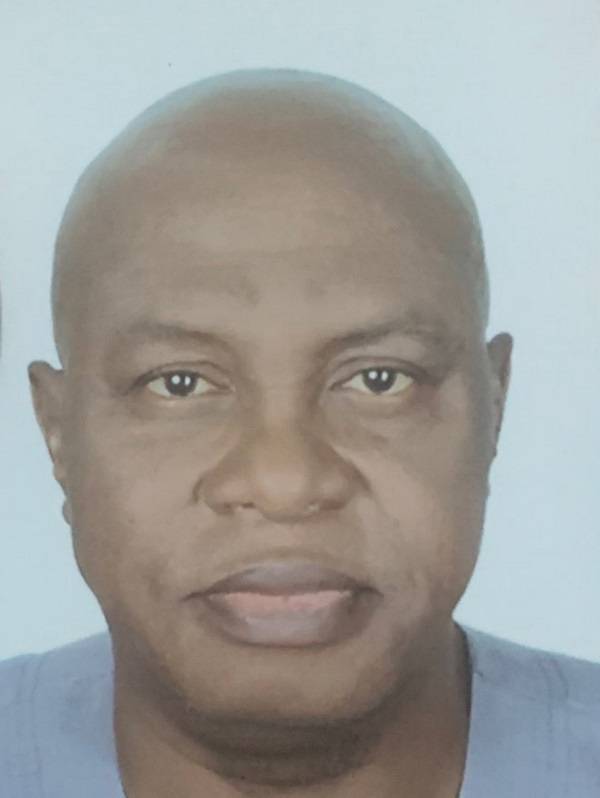
Despite the financial inclusion hype that the Nigerian Communications Commission (NCC) claims to be at 70 per cent, the controversy regarding the over N120 billion debt owed by deposit money banks (DMBs) for unstructured supplementary service data (USSD) remains unresolved. USSD serves as the platform for financial transactions by bank customers, allowing them to manage their finances from various locations such as homes, offices and cars.
These transactions are facilitated by telecommunications companies (telcos) through their networks, interfacing with banking applications (apps). The dispute emerged when Telcos notified the banks of their discomfort with the substantial debts and threatened to disconnect all USSD platforms from their networks. Despite the NCC’s intervention, industry sources argue that the regulator’s involvement does not guarantee debt repayment, as banks have yet to demonstrate sufficient willingness to address the problem.
One industry player stated, “The dispute is far from being resolved.” Another source explained that, contrary to reports in some media outlets, there has been no resolution. “The CBN and NCC set up a joint advisory committee to examine, evaluate, and work out modalities to resolve the issues at stake,” according to this source. “While meetings are being held by that committee, no conclusions have been reached. This contradicts what is being peddled in the media.”
It is essential to note that the two regulators agreed on the committee’s constitution to mitigate and resolve the debts. “Although the decision is a business agreement between banks and telecom operators with specific terms, one party has defaulted, and so we accepted third-party intervention because we want a resolution as quickly as possible.” The source emphasised that the debts themselves were not in dispute and USSD prices remained unchanged. Instead, the focus was on the mitigation process, with the committee yet to conclude on how to achieve this. The advisory committee currently lacks a timeline for resolution.
Early in June 2023, telecommunications operators served notice of USSD disconnection to banks, but despite a tripartite arrangement involving the banks, the Central Bank of Nigeria (CBN), NCC and telecom operators, no headway has been made. NCC chief executive, Prof Umar Danbatta mentioned that the situation had reasonably been resolved through the intervention of the CBN during an event in Lagos last week. However, he did not provide details.
The USSD service is provided to the banks, who subsequently offer it to their customers. The primary issue was determining who should bear the cost of the service. The banks initially favoured end-user billing, while the NCC argued that the service was provided to the banks, not their customers. Banks charge their customers for the service and should pay the telcos through corporate billing.
Over time, a misunderstanding arose, resulting in the debt accumulating to over N100 billion. Despite this, the banks continued to provide the service to customers using the telecom infrastructure, without compensating the telcos. Following the intervention of the acting governor of the CBN, Folashodun Shonubi, the banks agreed to clear the accumulated debt and continue paying for the USSD service under the corporate billing framework.
However, Danbatta did not address the advisory committee set up by the CBN and NCC to determine modalities for resolving the debts. He emphasised the importance of an amicable resolution to avoid disrupting financial services.
Group chief executive officer of Guaranty Trust Holding Company (GTCO), Mr. Segun Agbaje countered the notion that continuous USSD use for transactions would strengthen Nigeria’s cashless policy pursued by the CBN. He argued that the USSD controversy was a distraction created by telecommunications companies. Banks advocate for customer protection, insisting that customers should only pay for successful transactions, not for those not reflected in their accounts.
Agbaje criticized the extensive use of USSD, asserting that the technology driving USSD banking is costly and cumbersome, while Internet banking is a more advanced and technologically sophisticated alternative. He stressed the need to reduce data costs to enhance financial inclusion and literacy, advocating a transition to mobile banking, which is more user-friendly and requires less data.
Drawing a parallel with India, Agbaje highlighted India’s significant progress in financial growth and emphasised the urgency of reducing data costs in Nigeria, given the significant disparity between data costs in the two countries. Agbaje underlined the importance of lowering data costs to promote financial inclusion and stimulate interest in the country.
Mobile network operators (MNOs) blamed the ongoing deadlock between banks and telcos on political interference. This protracted issue, which has persisted since 2019, revolves around deposit money banks’ refusal to settle their outstanding fees for USSD services provided by telecom operators, resulting in an accumulated debt of N150 billion.
Despite collaborative efforts by regulatory bodies such as the CBN and the NCC to mediate and resolve the dispute, banking institutions remain adamant about paying their debts. Chairman of the Association of Licensed Telecommunications Companies of Nigeria (ALTON), Gbenga Adebayo expressed his concerns during the Nigeria Telecoms Indigenous Content Expo (NTICE 2023), highlighting how political interference has exacerbated the issue, transforming what should be a straightforward commercial agreement into a protracted and contentious matter.
A bank manager concurred with Agbaje’s statements regarding the advantages of embracing mobile banking over USSD for financial transactions. She explained that USSD transactions contribute to high charges on transactions, lamented by bank customers. USSD transactions incur charges regardless of their success, with additional fees for SMS alerts and transfers. Using email for alerts and transaction confirmations, rather than SMS, can help reduce these costs.
She advised smartphone users to opt for mobile applications for transactions instead of USSD, as USSD banking is expensive compared to mobile banking. Banks advocate for charging customers only for successful transactions, aiming to protect customers from high charges.
On April 17, 2018, the CBN released a regulatory framework for USSD usage in the Nigerian financial system. The guidelines, which took effect on June 1, 2018, outlined operational modalities, penalties and other regulatory provisions related to USSD services in Nigeria’s financial sector.

